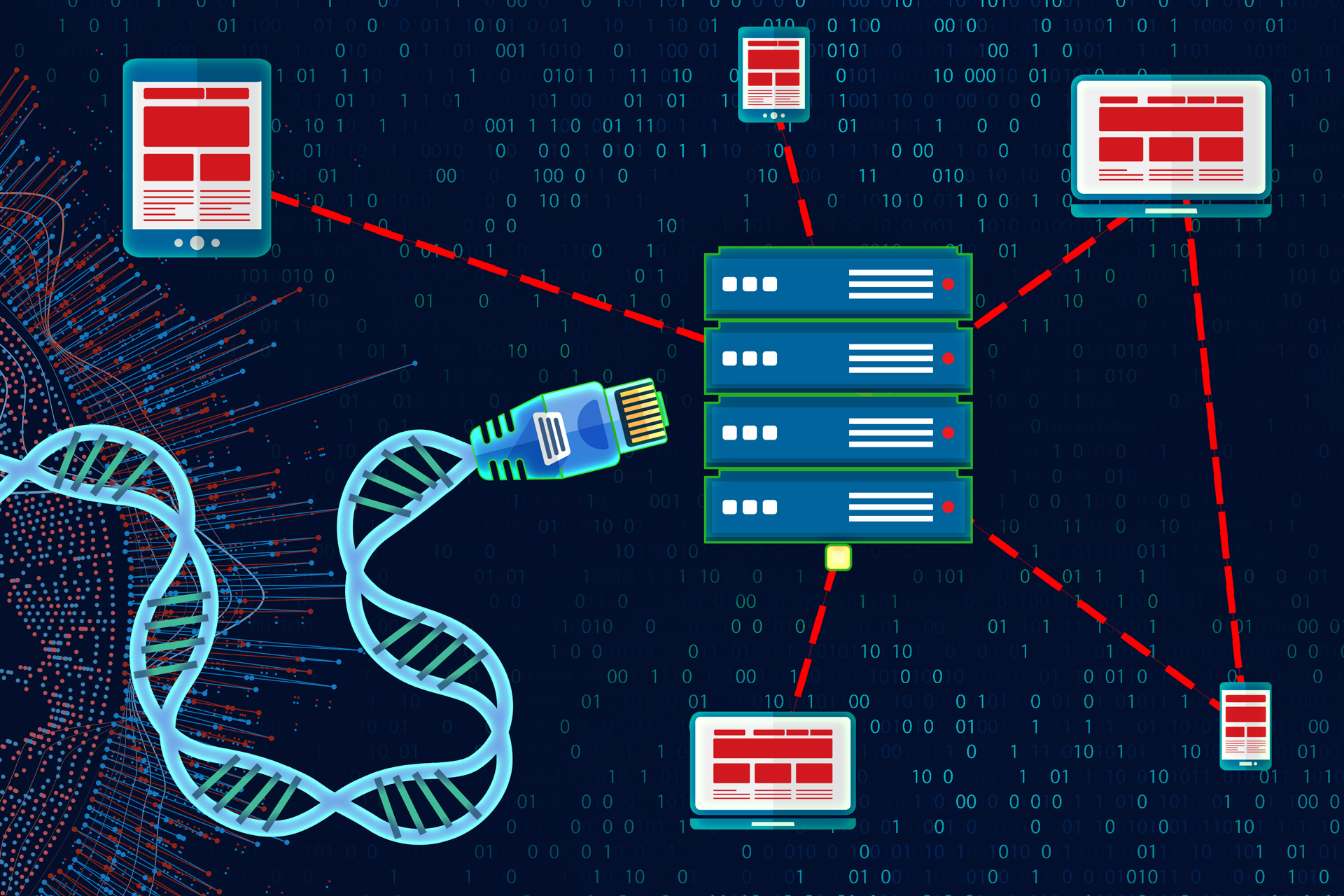‘Anonymous’ genetic databases vulnerable to privacy leaks
By Helena Kudiabor,
Nature
| 10. 14. 2024
A study has raised concerns that a type of genetic database that is increasingly popular with researchers could be exploited to reveal the identities of its participants, or link private health information to their public genetic profiles.
Single-cell data sets can contain information on gene expression in millions of cells collected from thousands of people. They are often freely accessible, providing a valuable resource for researchers who study the effects of diseases at a cellular level. The data are supposed to be anonymized, but a study published on 2 October in Cell1 shows how genetic data from one study “can be exploited to uncover private information about individuals in another study”, the authors write.
The findings highlight the difficulty of balancing the interests of researchers with the privacy of donors. “Our genomes are very identifying. They can tell a lot about us, our traits, our predisposition to diseases,” says study co-author Gamze Gürsoy, a bioinformatics researcher at Columbia University in New York City. “You can change your credit-card number if it leaks, but you cannot change your genome.”
Sensitive
...
Related Articles
By Scott Solomon, The MIT Press Reader | 02.12.2026
Chris Mason is a man in a hurry.
“Sometimes walking from the subway to the lab takes too long, so I’ll start running,” he told me over breakfast at a bistro near his home in Brooklyn on a crisp...
By Diaa Hadid and Shweta Desai, NPR | 01.29.2026
MUMBRA, India — The afternoon sun shines on the woman in a commuter-town café, highlighting her almond-shaped eyes and pale skin, a look often sought after by couples who need an egg to have a baby.
"I have good eggs,"...
By George Janes, BioNews | 01.12.2026
A heart attack patient has become the first person to be treated in a clinical trial of an experimental gene therapy, which aims to strengthen blood vessels after coronary bypass surgery.
Coronary artery bypass surgery is performed to treat...
By Staff, ScienceDaily | 01.05.2026
Scientists at UNSW Sydney have developed a new form of CRISPR technology that could make gene therapy safer while also resolving a decades-long debate about how genes are switched off. The research shows that small chemical markers attached to DNA
...




